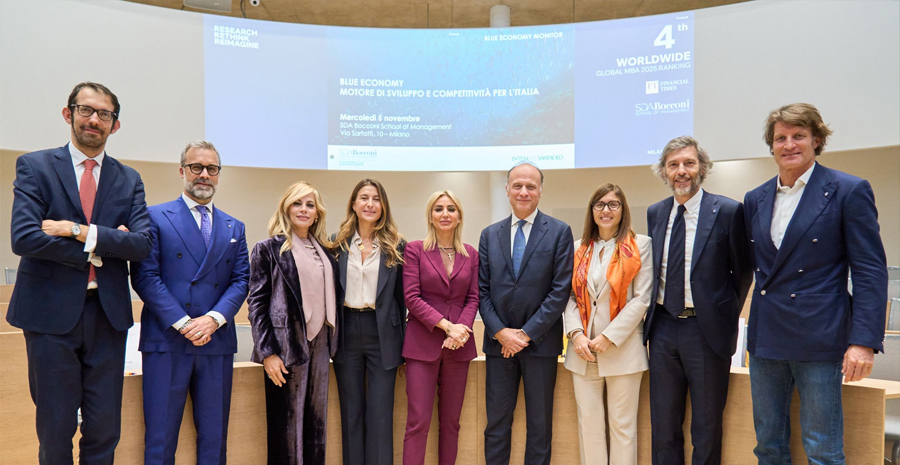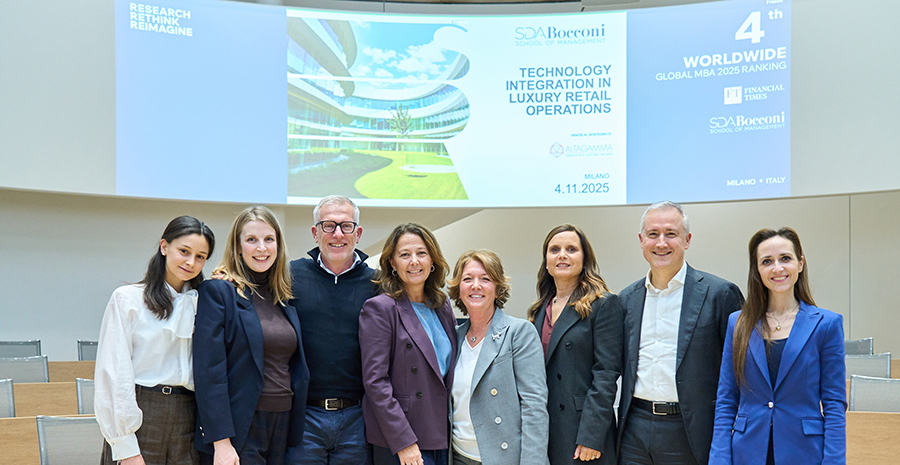SEE Lab in the new European space consortium
Today many people want to reach for the stars. Oops, the moon. After a long absence from government and international agency agendas, the theme of space exploration and the use of resources from our satellite is now decidedly back in the limelight. This is confirmed by numerous recent private initiatives fostering exploration missions beyond Earth’s orbit with financial and trade goals. Big capital is also showing renewed interest in this sector; suffice it to say that the combined assets of the world’s top ten space investors, according to Forbes magazine, exceed $543 billion.
At SDA Bocconi, however, the topic is not new. Our multidisciplinary research lab on the evolution of space economy, SEE Lab, led by Associate Professor of Practice Andrea Sommariva, has been studying the impact of the commercial exploitation of space, and of space mining in particular, for years now. Like all “pioneers”, it has often had to contend with skepticism from various public and private actors, but can now legitimately claim to be at the cutting edge on these issues.
This is confirmed by the fact that SEE Lab has been selected to participate in the consortium led by Telespazio to study the Lunar Communication and Navigation Services (LCNS). The research is part of ESA’s Moonlight initiative, at the end of which the Agency will select the carrier to manage the LCNS system. This will be a key infrastructure to the development of human activities on the satellite. SEE Lab’s task is to analyze the demand for telecom and navigation services, conduct a feasibility study for the project once the consortium has established technical architecture and costs, as well as find the best form of public-private partnership to implement it.
The signs of renewed interest in lunar exploration are coming from several different directions. The US has recently put forward their “Artemis Accords”, that NASA has extended to partner countries such as Canada, Japan, some European countries including Italy and the United Arab Emirates. International cooperation is a prerequisite for space exploration, which requires financial resources too large for a single country.
A new form of cooperation between the public and private sectors is being created too. Governments will support initial exploration of lunar resources, the development of key technology (telecom and Earth-Moon navigation) and the construction of space infrastructure (the Gateway project and homes on lunar ground). The private sector would then take over in creating new markets and expanding human presence in space.
The Moon provides ice, the “space petrol”, needed to produce fuel for space vehicles with a significant reduction in transport costs, as well as oxygen and water for the future space station around the moon (the Gateway project). Equipment to mine ice from lunar ground will be transferred there by the end of this decade. A future for which SDA Bocconi has been preparing for some time.
SDA Bocconi School of Management
Blue is the new green: Responsible use of ...

Technology with a soul amplifies human value ...




